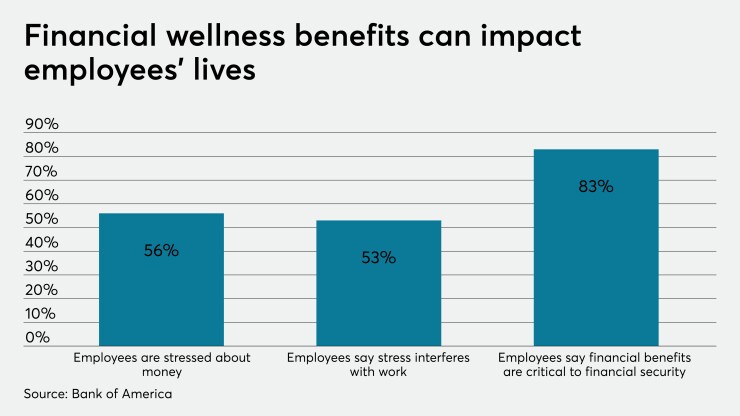With unprecedented disruption comes an opportunity to rethink the road to recovery. To get there, it’s important to consider the changing needs of our workforce.
New data from our quarterly retail study provides fresh insights on how employees are navigating stormy waters — and how their companies can help.
Priorities have changed, and this will affect how we work
As most of us have been personally affected by the pandemic, it’s no surprise that top concerns right now are health and safety, followed by their investments and the wider impact of the coronavirus on the US and global economies.
With unemployment and market volatility at historic highs, employees need to know that their employers value their health, their families, and their financial futures. According to
How will you answer future questions about how you looked out for your employees during this time? Choices employers make now will determine their reputations for years to come, according to
Essential living costs and education are major hurdles to long-term investing
Debt and basic living expenses left many younger Americans struggling to save and invest even before the pandemic. Over half of all respondents under 45 believe rent and mortgage (63%), health care (58%), basic living expenses like food and utilities (58%), and education and repaying student debt (56%) are major hurdles to saving for retirement.
Employers are in a unique position to address these struggles, as benefits programs are a powerful tool that can help support employees in meeting their current and future financial needs. While employers can’t solve all these problems, some benefits like health care have been a resounding success, clearing the way for the next generation of benefits — including student loan repayment.
The road ahead
Investors are rolling up their sleeves and preparing for a tough road: Respondents expressed an overwhelmingly bearish outlook on the current market (67%), and 79% expect that volatility will continue or increase over the next quarter.
As we buckle up for a recession, employees will need more help from their employers than ever.
Financial wellness benefits represent a powerful tool in charting our path forward. As






